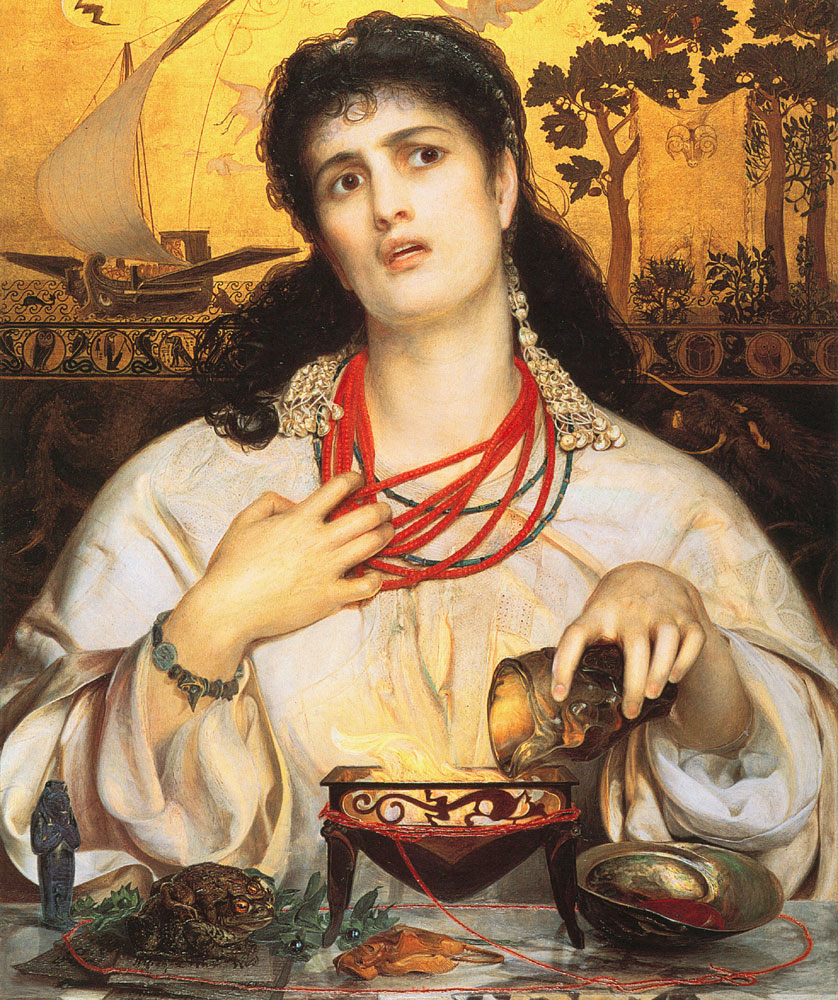 In class there was mention of multiple cultures still worshipping Medea and it left me wondering how collective groups of civilized people could acknowledge a being with such a background and tendencies as a ideal role model, but insight into these earlier and original myths makes it more believable considering the fact that she wasn't actually a homicidal maniac as more contemporary versions depict. In just the conclusion of Rosenberg's account, we read that Medea poisoned the princess that Jason left her for, murdered her two children out of revenge toward Jason, and she tries to poison Thesseus. But in the original versions, the only people she poisons is the princess of Corinth (and by accident the king when he tried to hug her with the poisoned dress on), but I mean come on, if your man left you for the likes of her I bet you'd be pretty bitter too, it's only natural. The most notable difference in the two versions however is the fact that she accidentally kills her children and is a victim to circumstance, not blind, relentless, homicidal rage. And when Aegeus's son from a previous relationship, Thesseus, returns to claim his father and all his ownings, Medea suggests to him that Thesseus was dangerous and should be disposed of, but only to protect her own son's (whom she had with Aegeus, so it was his too) well-being and future, again, not homicidal, just natural.
In class there was mention of multiple cultures still worshipping Medea and it left me wondering how collective groups of civilized people could acknowledge a being with such a background and tendencies as a ideal role model, but insight into these earlier and original myths makes it more believable considering the fact that she wasn't actually a homicidal maniac as more contemporary versions depict. In just the conclusion of Rosenberg's account, we read that Medea poisoned the princess that Jason left her for, murdered her two children out of revenge toward Jason, and she tries to poison Thesseus. But in the original versions, the only people she poisons is the princess of Corinth (and by accident the king when he tried to hug her with the poisoned dress on), but I mean come on, if your man left you for the likes of her I bet you'd be pretty bitter too, it's only natural. The most notable difference in the two versions however is the fact that she accidentally kills her children and is a victim to circumstance, not blind, relentless, homicidal rage. And when Aegeus's son from a previous relationship, Thesseus, returns to claim his father and all his ownings, Medea suggests to him that Thesseus was dangerous and should be disposed of, but only to protect her own son's (whom she had with Aegeus, so it was his too) well-being and future, again, not homicidal, just natural.This drastic divergence from the original myth to the one we see today serves as a reminder that even mythology, and by extension the culture's they are representing, can be altered and/or censored by anyone to serve any agenda at'all..

No comments:
Post a Comment